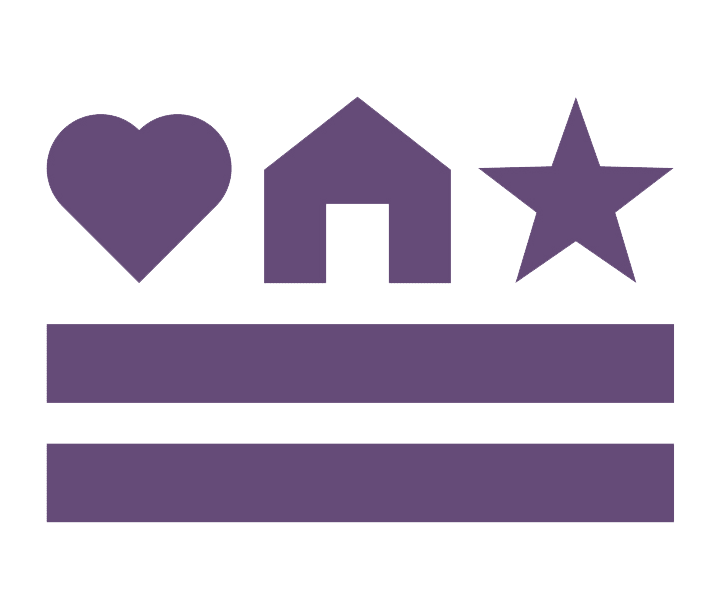Should I Refinance My Mortgage?
With interest rates at very low levels now may be a good time to consider refinancing, but how do you know if now is the right time? Refinancing can save you money on your mortgage payment each month if your new interest rate is lower than your old one, but it doesn’t come without costs, and weighing the pros and cons can be tricky. Refinancing can also be an option to restructure your loan and pay less interest even if saving on your monthly payment isn’t a priority. Here we asked local mortgage lender Jake Ryon with First Home Mortgage to share his insight on what homeowners should consider if they are thinking about refinancing.
1. How are interest rates right now? Should we expect them to go lower?
For borrowers with ideal scenarios (high credit scores, owner-occupants, etc.) rates are at or near all-time lows! It’s hard to predict where rates will be going but historically there isn’t much room for them to go down further. If current rates are advantageous for you to refinance, and your overall financial picture supports it, there may not be a benefit to waiting. As we've seen in recent months rates can be unpredictable and volatile particularly in times of economic uncertainty.
2. Is there a certain amount of time that someone should plan to live in their home to make refinancing worthwhile?
Usually, my rule of thumb is 2-3 years but it really depends on how much you would be saving if you did refinance in comparison with your current mortgage payment. Sometimes the break-even point where the cost of refinancing relative to the savings of the lower monthly is instant. If you’re able to get a lender credit to lower or offset your fees the break-even is usually faster. It's challenging to make a blanket statement that is applicable to all situations, so I would recommend that someone speak with a lender for specific guidance if they think there could be a benefit to refinancing.
3. Is there a certain amount of monthly savings that is a threshold for whether refinancing makes sense?
The larger the loan the less your interest rate needs to decrease for the savings to usually make sense. For example, a decrease of 1/2% on a $600,000 loan would save you about $170/month but to get those same savings on a $300,000 loan your rate would need to go down by more than 1%. If you estimated the transactional costs to be around $3,000 (lender fees and title fees), you only need a ½ point lender credit to cover costs on a $600,000 loan but a full 1 point credit on a $300,000 loan.
4. What are some other factors that someone might want to take into consideration when deciding whether or not to refinance?
Refinancing can also be a good option to restructure your loan and reduce the interest you pay over the life of the loan. If you’re comfortable with your payment, or able to increase it, you may want to look at a lower term, possibly a 15, 20, or 25 year option. Usually, a 25 year fixed rate is the same as a 30 year fixed and would reduce your total interest paid. If you’re able to go even lower (15 or 20 year) your payment will likely increase (with more going to principal) but the interest savings is significant. If you are not current on your mortgage or if you have late payments in the last 12 months, you may not be able to refinance so your current mortgage should be in good standing.
5. Are cash out refinances still possible?
Yes, but there are less outlets and fewer options compared to a few months ago. Depending on how much equity you have and how much cash you’re looking to take out, a home equity line of credit (HELOC) might be more advantageous. Usually, the loan to value (LTV) cap on a cash out is around 80%, but some HELOC options will allow you to go to 100%. I would recommend that someone looking to borrow against the equity in their home explore both options.
6. Who should not refinance their home?
If you’re planning on selling in the very short term (year or less) or considering buying a new primary residence soon. There are restrictions on how many owner-occupied loans you can get in a 12 month period. Also, if you just purchased 12 months ago and only put 3% down, you may have the added expense of PMI again if you chose to pay this upfront significantly increasing the cost.
If you're considering refinancing your mortgage we highly recommend reaching out to Jake Ryon with First Home Mortgage to explore your options. To start the process, visit his website and click the gold "refinance" button or schedule a call.




.jpg?w=128&h=128)